The Constitution Change Debate within the Philippines: A Nation at a Crossroads
Associated Articles: The Constitution Change Debate within the Philippines: A Nation at a Crossroads
Introduction
With enthusiasm, let’s navigate via the intriguing matter associated to The Constitution Change Debate within the Philippines: A Nation at a Crossroads. Let’s weave fascinating info and supply contemporary views to the readers.
Desk of Content material
The Constitution Change Debate within the Philippines: A Nation at a Crossroads

The Philippines, a vibrant democracy in Southeast Asia, is periodically gripped by a heated debate surrounding constitution change (Cha-cha), the method of amending or revising its 1987 Structure. This debate, removed from being a mere political train, displays deep-seated anxieties concerning the nation’s trajectory, its financial potential, and the very nature of its governance. Whereas proponents argue that Cha-cha is essential for unlocking the nation’s full potential, opponents increase issues about potential abuses of energy and the erosion of democratic establishments. Understanding the nuances of this ongoing dialogue requires analyzing its historic context, the proposed modifications, and the various views that form this advanced subject.
Historic Context: A Legacy of Authoritarianism and Reform
The 1987 Structure, crafted within the aftermath of the Marcos dictatorship, is a product of a want for democratic renewal and a deep mistrust of concentrated energy. It established a presidential system with important checks and balances, aiming to forestall a recurrence of authoritarian rule. Nevertheless, the very safeguards supposed to guard democracy have, in response to some, grow to be obstacles to environment friendly governance and financial progress. This rigidity between stability and reform lies on the coronary heart of the Cha-cha debate.
The historical past of makes an attempt at constitutional change is fraught with controversy. Earlier efforts, usually initiated by administrations looking for to increase their energy or pursue particular coverage targets, have been met with resistance from civil society teams and opposition events, elevating suspicions of ulterior motives. This historic baggage casts an extended shadow over present discussions, making belief and transparency paramount to any profitable constitutional reform.
The Arguments for Constitution Change:
Proponents of Cha-cha usually advance arguments centered round financial improvement, political reform, and enhanced nationwide safety. They usually level to the next:
-
Financial Improvement: A good portion of the arguments for Cha-cha revolves round unlocking overseas funding and selling financial progress. Proponents argue that sure provisions within the 1987 Structure, significantly these proscribing overseas possession in sure sectors, hinder the nation’s competitiveness within the world market. They advocate for amendments that might enable better overseas participation in key industries, attracting much-needed capital and creating jobs. This usually consists of proposals to revise the restrictive provisions on land possession and public utilities.
-
Political Reform: Some argue that the present presidential system is inefficient and liable to corruption. They suggest shifting to a parliamentary system, arguing that it might foster better political stability and accountability. Others counsel amendments to boost the effectivity of the legislative course of, decreasing gridlock and enabling sooner decision-making on essential points. These reforms purpose to handle the perceived weaknesses of the present system, streamlining governance and enhancing responsiveness to the wants of the citizenry.
-
Nationwide Safety: Considerations about nationwide safety usually function within the arguments for Cha-cha. Some proponents argue that amendments are essential to strengthen the armed forces and improve the nation’s capability to cope with inner and exterior threats. This might contain clarifying the position of the army in nationwide affairs or adjusting provisions associated to nationwide protection spending.
The Arguments In opposition to Constitution Change:
Opponents of Cha-cha increase a number of essential issues, primarily revolving across the potential for abuse of energy and the undermining of democratic establishments. Their arguments usually embody:
-
Danger of Authoritarianism: A serious concern is the potential for the present administration, or future administrations, to take advantage of Cha-cha to consolidate energy and weaken democratic checks and balances. The concern is that amendments could possibly be tailor-made to learn the ruling get together, probably resulting in a rollback of democratic good points achieved for the reason that Marcos period. This concern is amplified by the historic context of earlier makes an attempt at constitutional change.
-
Lack of Public Session: Critics usually level to an absence of real public session within the discussions surrounding Cha-cha. They argue that important constitutional modifications shouldn’t be undertaken with out widespread public participation and a radical nationwide debate that considers the various views of all stakeholders. Considerations exist that the method is being pushed by slender pursuits, ignoring the voices of atypical Filipinos.
-
Unintended Penalties: Amendments to the Structure, by their very nature, are advanced and might have unexpected penalties. Opponents warn that unexpectedly carried out modifications may create new issues whereas failing to handle the present ones. They advocate for a cautious and well-considered strategy, making certain that any amendments are totally vetted and analyzed for his or her potential impression on numerous sectors of society.
-
Financial Inequality: Whereas proponents argue that Cha-cha will increase financial progress, critics counter that this progress may not be inclusive. They argue that with out addressing underlying problems with inequality and land reform, financial liberalization may exacerbate present disparities, benefiting solely a choose few on the expense of the bulk.
The Path Ahead: Balancing Reform and Stability
The controversy surrounding constitution change within the Philippines is way from settled. It requires a nuanced strategy that acknowledges each the potential advantages and dangers related to constitutional reform. Any try at Cha-cha should prioritize the next:
-
Transparency and Public Session: A real and inclusive public session course of is important. This entails participating with numerous stakeholders, together with civil society teams, tutorial consultants, and atypical residents, making certain that their issues are heard and addressed. This course of needs to be clear and accessible to all, fostering belief and legitimacy.
-
Cautious Consideration of Potential Penalties: Any proposed amendments have to be totally vetted and analyzed for his or her potential impression on numerous sectors of society. This requires rigorous analysis and professional enter, making certain that unintended penalties are minimized.
-
Safeguarding Democratic Establishments: Any constitutional modifications should uphold and strengthen democratic establishments, not weaken them. This requires a cautious stability between effectivity and accountability, making certain that energy just isn’t concentrated within the fingers of some.
The way forward for the Philippines hinges on the flexibility of its leaders and its residents to navigate this advanced debate responsibly. A profitable strategy to constitution change requires a dedication to democratic ideas, transparency, and inclusive participation. Solely via a considerate and inclusive course of can the Philippines obtain constitutional reform that actually serves the most effective pursuits of its individuals and secures its future as a vibrant and thriving democracy. The continuing debate serves as a vital reminder that constitutional reform just isn’t merely a technical train, however a basic course of that shapes the future of a nation. It calls for cautious consideration, broad-based participation, and a deep dedication to the ideas of democracy and social justice.
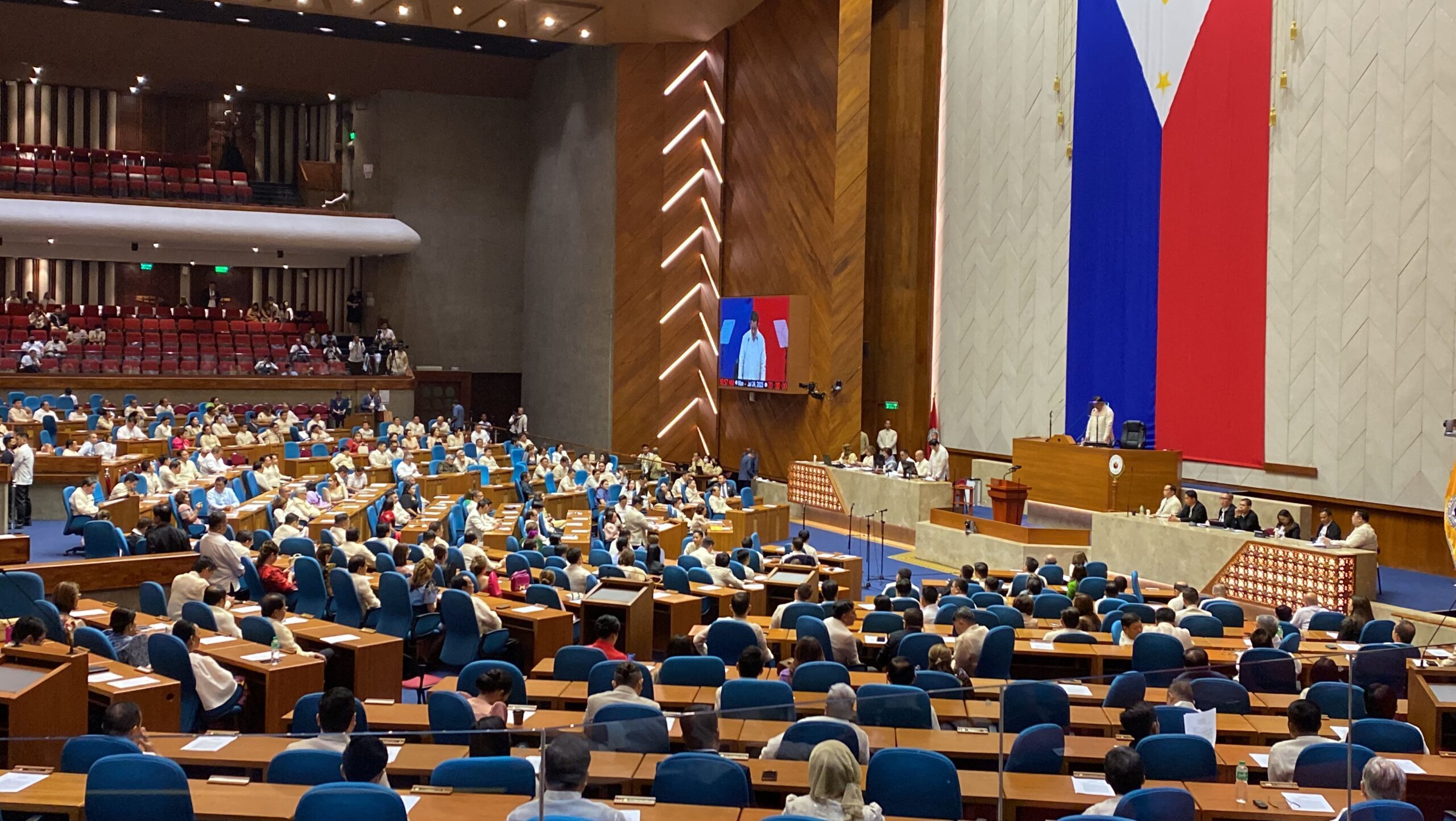
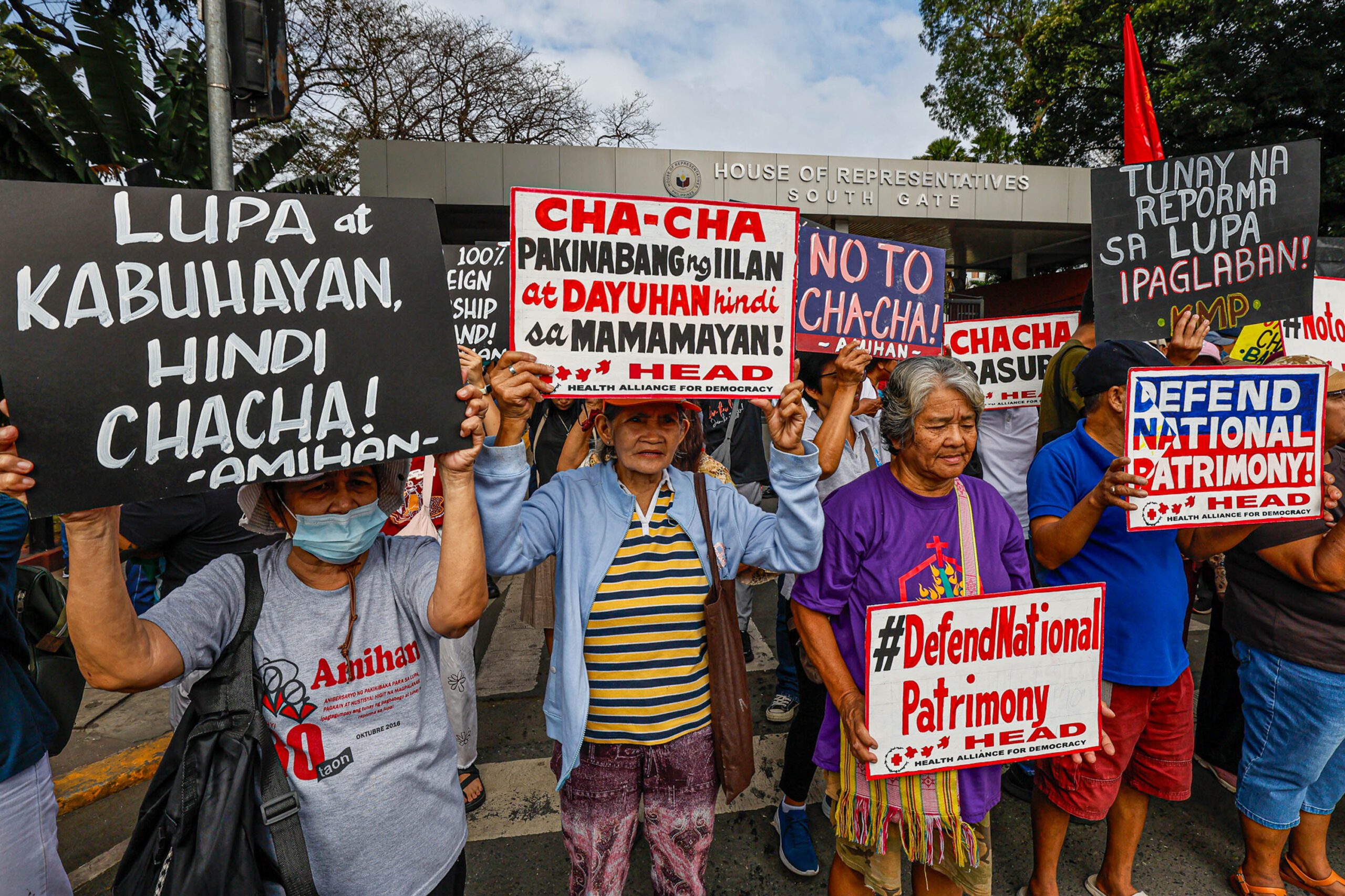
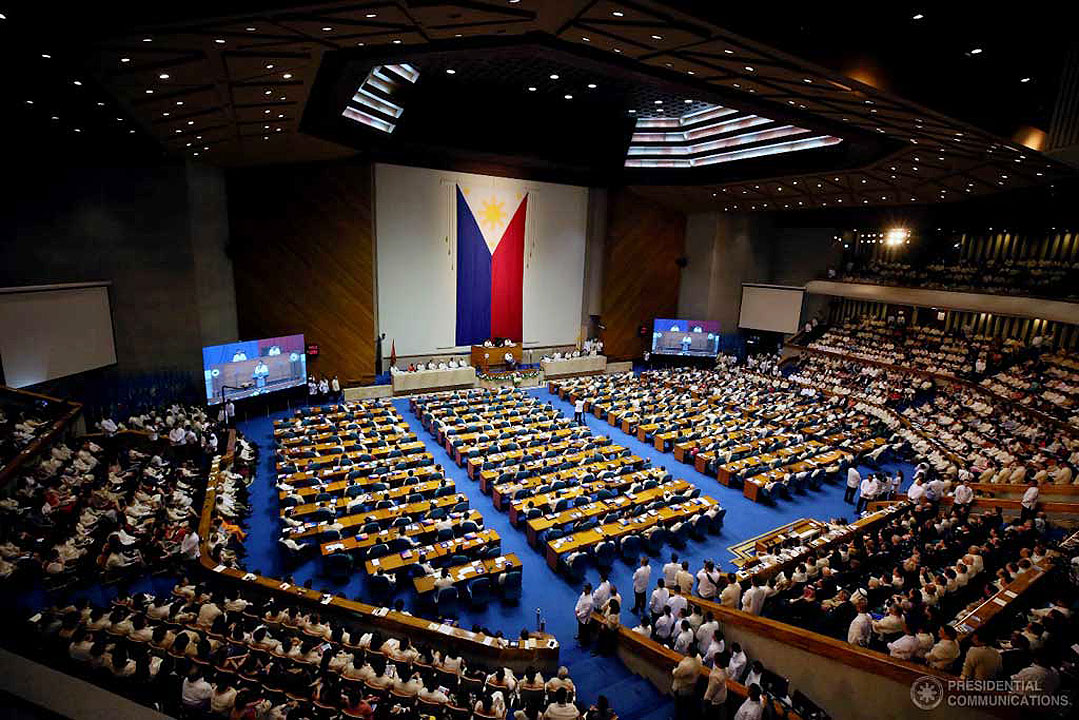

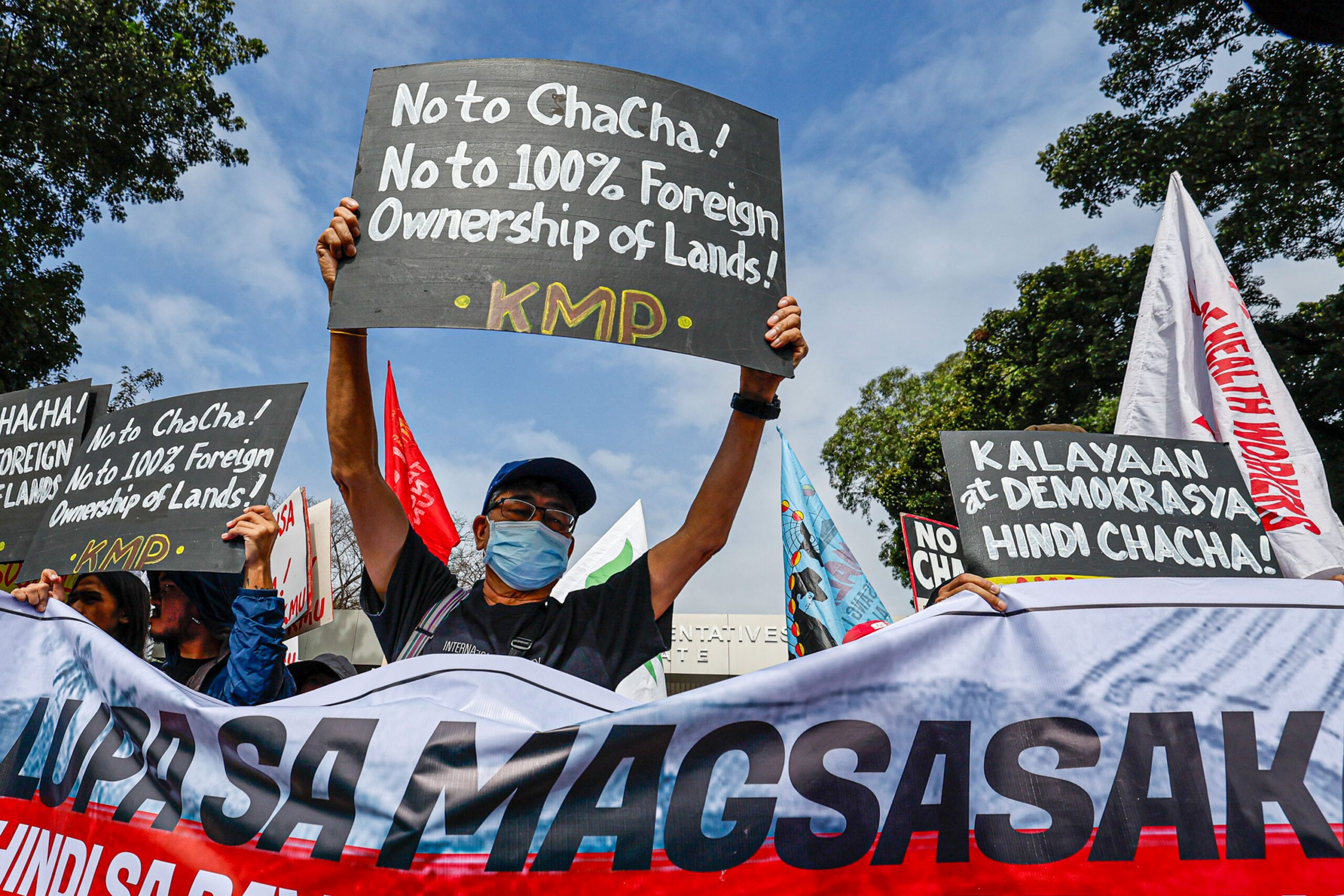
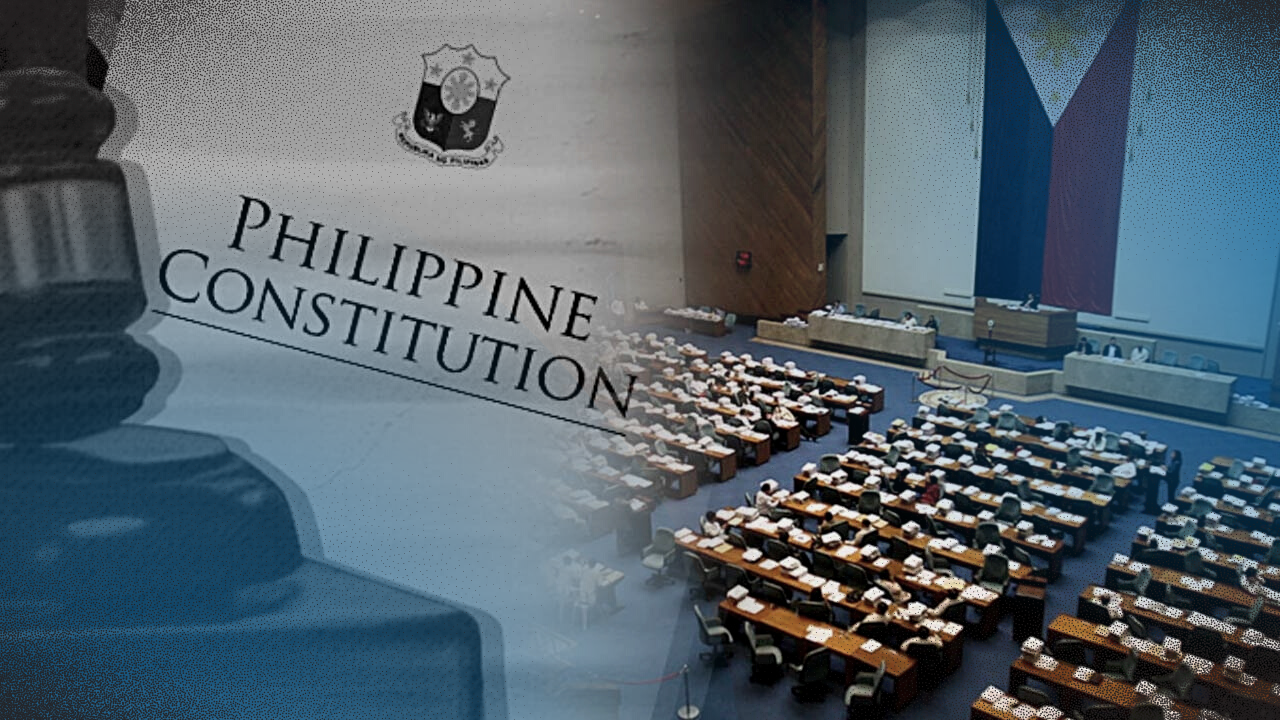
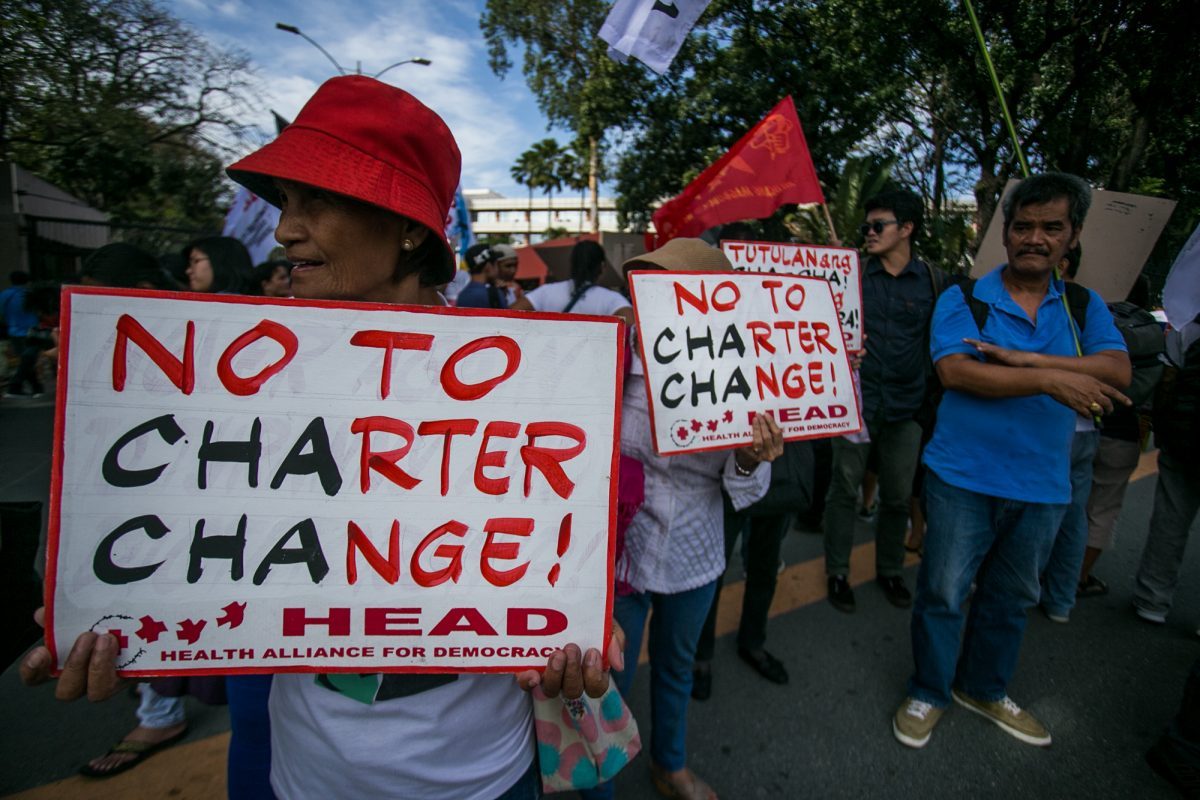
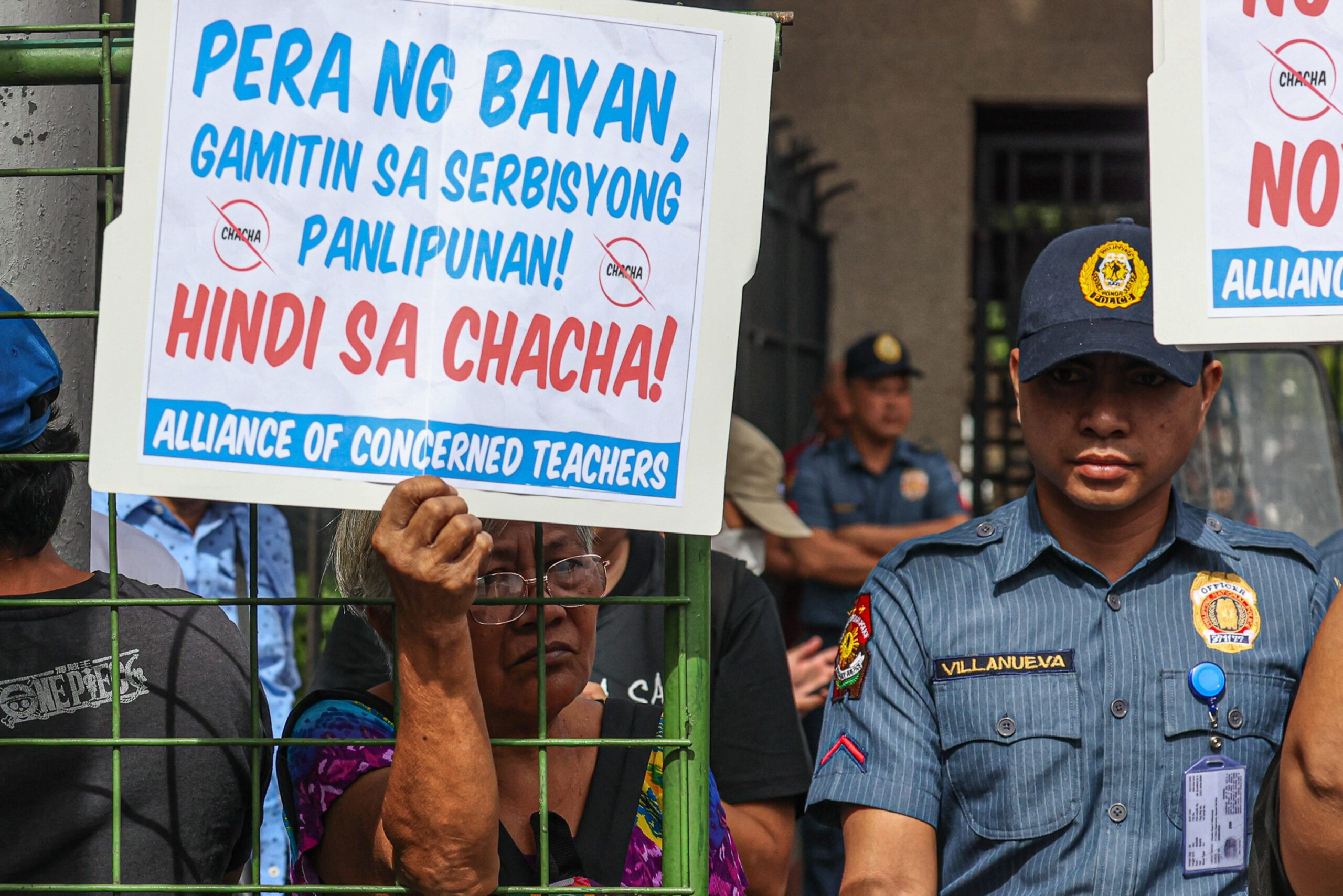
Closure
Thus, we hope this text has offered beneficial insights into The Constitution Change Debate within the Philippines: A Nation at a Crossroads. We hope you discover this text informative and helpful. See you in our subsequent article!